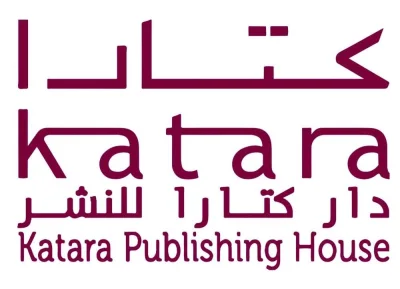With Islamic finance assets leaping to an estimated $2tn for both banks and non-bank financial institutions, and forecasts putting the volume at $3.2tn by 2020, voices have grown louder to establish a global Islamic finance centre that could be home to a central regulatory body, the frequently mentioned envisaged Islamic mega-bank, as well as central supervisory authorities. Such a global hub would allow the integration of the currently dispersed and inhomogeneous industry with its broad variety of localised regulations, directives and interpretations of Shariah law and sometimes an outright lack of regulatory confidence. It would also have the critical mass to emerge as a full-fledged global centre for cross-border Islamic banking, fund raising and Islamic financial services.
However, bringing together all these factors under one centrally administered roof is a tricky venture. This has to do with regional preferences, macroeconomic challenges and – evidently – political interference.
Currently, the largest and most influential Islamic finance hubs are arguably Kuala Lumpur, Jakarta, Hong Kong, Riyadh, Dubai, Bahrain, Doha, Istanbul, Teheran, Karachi, Luxembourg, London and Dublin. This indicates that the industry is split into three global regions, namely Southeast Asia, the Middle East and Western Asia, as well as Western Europe.
Naturally, there is competition between those regions and disagreement on many aspects, for example that Middle Eastern decision makers in the industry most likely wouldn’t accept a global Islamic financial hub being located in a non-Muslim country in the West. Or given the current tensions between certain Gulf Cooperation Council (GCC) countries, not even consent on a joint location within this region seems to be achievable. The same is true for the wider area including Pakistan, Iran and Turkey, whose Islamic finance system has a different structure compared to their peers, which would create complex problems for a centralised Islamic finance body.
There are also macroeconomic conditions to take into account. For example, the current structural changes in Saudi Arabia that also affect the country’s financial markets, or London’s potential loss of influence as a financial hub due to Brexit. Or, in the case of Kuala Lumpur, which is undoubtedly among the candidates for a global Islamic finance hub, the reputation damage for its financial industry as a result of the scandal surrounding the government-backed development fund 1MDB.
The current regional markets as such are also lacking international outreach compared to the conventional finance industry with the latter’s large globalised banks such as, for example, Citibank, HSBC, Deutsche Bank, Credit Suisse or Standard Chartered and their global networks in retail and commercial banking. This brings with it also a lack of overall liquidity for Islamic banking, which, in turn, dampens the growth of retail and capital markets within the industry. Without a mutually accepted and globally operating Islamic finance centre, the Islamic finance industry will keep missing out on the critical mass it takes for Islamic finance to catch up to the size and depth of conventional finance and the chance of balancing the risk of global financial crises. This also hampers the growth of the industry in general by hindering product innovation, skills development and a general-purpose legal and regulatory framework.
It might be argued the Jeddah-based Islamic Development Bank (IDB) could be a driver to create a global Islamic finance centre or could be – in an extended version – fill the role itself. That, however, is quite unrealistic since the IDB has been designed as a development finance institution and accepts only member countries that are also members of the Organisation of Islamic Cooperation. Similarly, influential Islamic finance organisations in Malaysia are lacking requirements to qualify for a global Islamic finance centre, namely a strong domestic currency, transparency and independence of the legal system from political interference.
“Hard” requirements for a global Islamic finance centre are an excellent financial market infrastructure, a well-developed legal system, high quality and integrity of financial market regulations, conformance to international accounting practices, availability of a skilled workforce and a high grade in ease-of-doing business and cross-border financial activity.
“Soft” requirement are policies to support and incentivise the building up of a critical mass which – in turn – creates economies of scale and would attract more financial firms and with them clients and investors.
That said, the existing Islamic finance centres fulfil some of the requirements, but not all. As mentioned above, Kuala Lumpur might have a large pool of skilled human resources and a good financial market infrastructure, but has shown problems with integrity. Dubai and the other hubs in the GCC also qualify with regards to their robust legal system, high liquidity and a favourable business environment, but lack in cross-border activities and in adopting international standards as they are too focused on their domestic and regional markets.
Potential European centres, in turn, fulfil most, if not all the requirements, but are non-Muslim jurisdictions which would be opposed to become a global Islamic finance centre by many scholars in the Muslim world.
Thus, the establishment of such a centre remains a tough task. It is probable that the Gordian knot could be cut by creating a global Islamic finance centre based at three locations with shared regional responsibilities and a streamlined organisational structure on a meta-level.

With Islamic finance assets leaping to an estimated $2tn for both banks and non-bank financial institutions, and forecasts putting the volume at $3.2tn by 2020, voices have grown louder to establish a global Islamic finance centre that could be home to a central regulatory body, the frequently mentioned envisaged Islamic mega-bank, as well as central supervisory authorities


